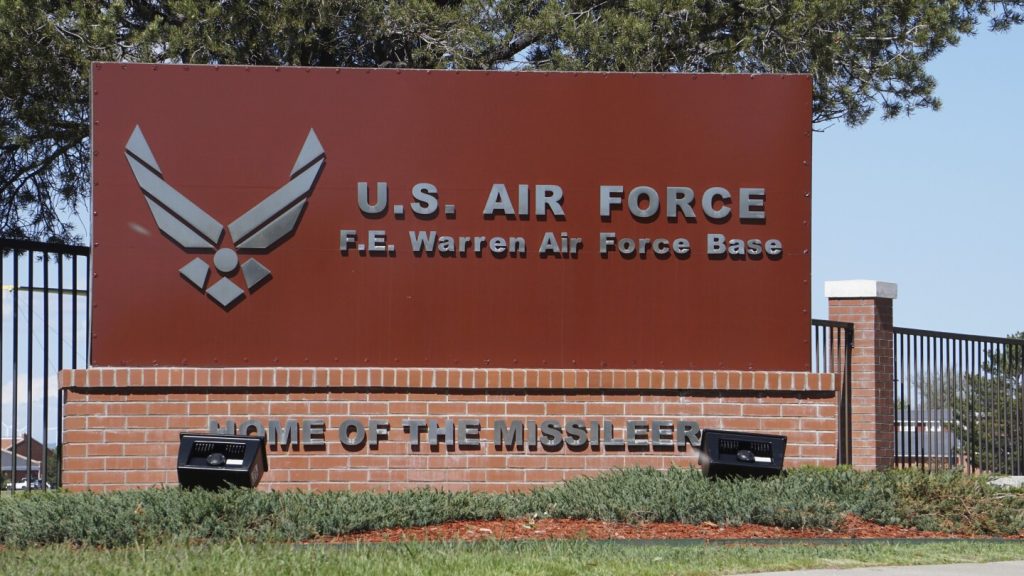President Joe Biden issued an order blocking a Chinese-backed cryptocurrency mining firm from owning land near a Wyoming nuclear missile base, citing national security risks. The order requires the firm, MineOne Partners Ltd., to divest its property near the Francis E. Warren Air Force Base and remove certain equipment on the site. This move aligns with the administration’s tough stance on China, a major economic and geopolitical rival to the U.S.
The order was made in coordination with the U.S. Committee on Foreign Investment in the United States (CFIUS), which has the authority to investigate corporate deals for national security concerns. MineOne had purchased land within one mile of the Air Force base in 2022 without reporting the transaction to CFIUS as required. The Treasury Department cited issues with specialized and foreign-sourced equipment on the site that could facilitate surveillance and espionage activities, posing a significant national security risk.
According to Treasury Secretary Janet Yellen, who chairs CFIUS, the committee’s role is to ensure that foreign investment does not undermine national security, particularly in transactions involving sensitive U.S. military installations and specialized equipment and technologies. The committee is comprised of members from various government departments tasked with investigating national security risks from foreign investments in American firms. CFIUS directed the sale of the property within 120 days and the removal of all structures and equipment within 90 days.
The divestment order comes as the U.S. prepares to issue major new tariffs on electric vehicles, semiconductors, solar equipment, and medical supplies imported from China. Both President Biden and his potential Republican challenger, former President Donald Trump, have emphasized their tough stance on China during the ongoing election season. The move to block the Chinese-backed firm from owning land near a U.S. military base reflects the administration’s commitment to protecting national security interests and mitigating potential risks posed by foreign investments near sensitive sites.
The 2018 law granted CFIUS the authority to review real estate transactions near sensitive sites across the U.S., including F.E. Warren Air Force Base. The order was issued after the panel received a public tip about the land purchase by MineOne near the Air Force base in Cheyenne. The specific national security concerns prompting the divestment order were not detailed in the announcement, but the focus was on preventing the potential use of specialized equipment for surveillance and espionage activities, which could pose a threat to national security. The firm in question has not responded to requests for comment on the matter.
Overall, the decision to block the Chinese-backed cryptocurrency mining firm from owning land near a Wyoming nuclear missile base reflects the broader U.S. strategy to address national security risks associated with foreign investments. As tensions with China continue to escalate, the Biden administration is taking a proactive approach to safeguard sensitive U.S. military installations and technologies from potential threats. The divestment order serves as a tangible example of the government’s commitment to protecting national security interests in the face of emerging geopolitical challenges.


